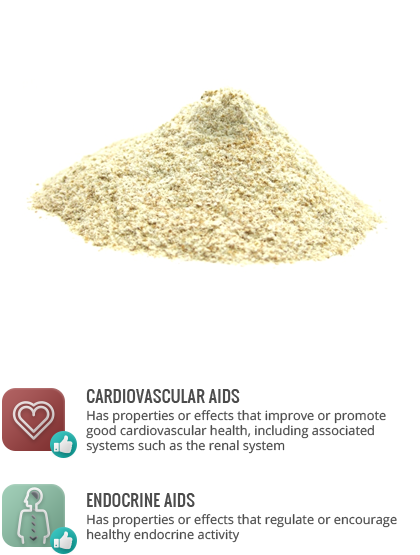Wheat flour, whole wheat
Definition
Whole wheat flour is made by grinding all three fractions of the wheat seed (germ, endosperm and bran) into a flour. This type of flour is nuttier in flavour, has a denser texture and does not rise as high as commercial, white wheat flour.
Health considerations
Whole wheat flour retains the nutrients and fiber removed during the refining process. It is higher in fiber and contains a broader variety of micronutrients than white flour. The minerals in whole wheat flour breads are more available to the body when made using a sourdough starter, as this diminishes phytic acid content (See: Antinutrients) Regular consumption of whole wheat foods is associated with a reduced risk of type 2 diabetes and cardiovascular disease, and has been found to lower cholesterol. See: Wheat, Wheat germ, Wheat bran, Gluten
Keep in mind
Many products are often labelled as containing whole wheat, when in truth they are primarily composed of wheat flour, with just enough whole wheat added to the mixture to allow for such labelling claims. Wheat flour is unsuitable for individuals sensitive to gluten.
May be found in
See: Wheat, Wheat flour enrichment, Wheat flour bleaching, Gluten
References
British Journal of Nutrition
Nutrition
Journal of Agricultural and Food Chemistry
Nutrition, Metabolism and Cardiovascular Diseases
Alternative Spellings and Names
Wholemeal flour, Whole grain flour


